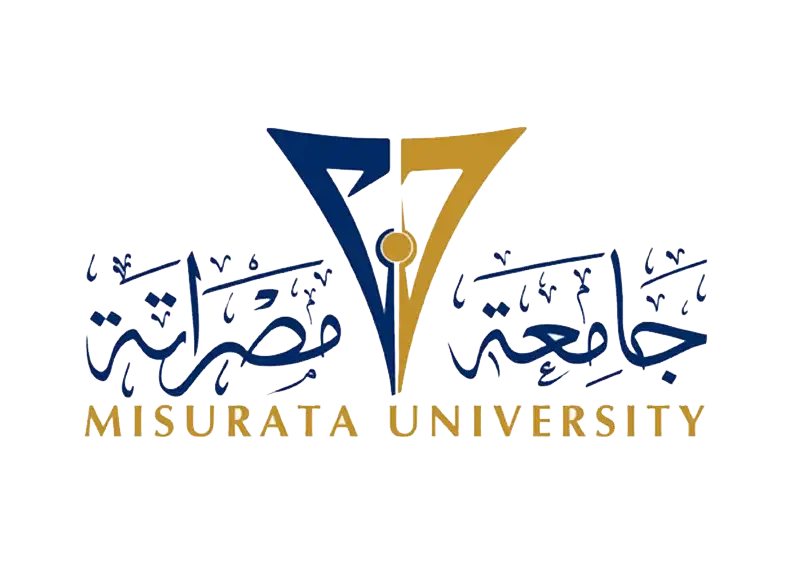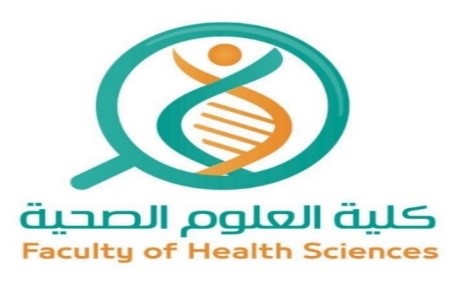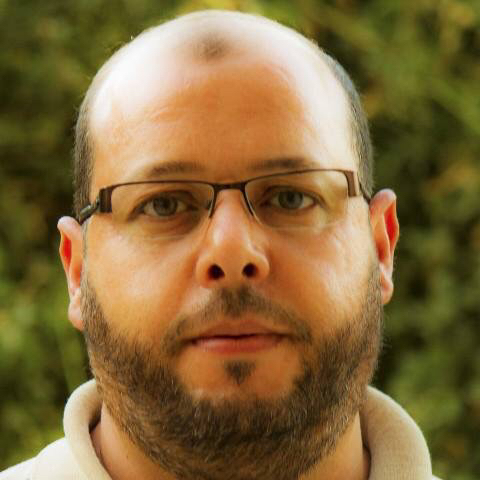The department of Midwifery and Newborn Nursing is looking forward to achieve distinctiveness and leadership in the areas of Nursing education, scientific research, and
Advanced professional practice of its graduates, so as to keep pace with the times and meet the requirements of the community.





